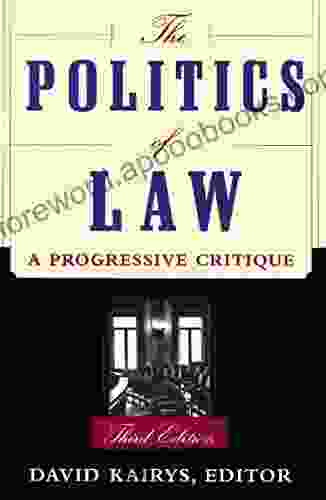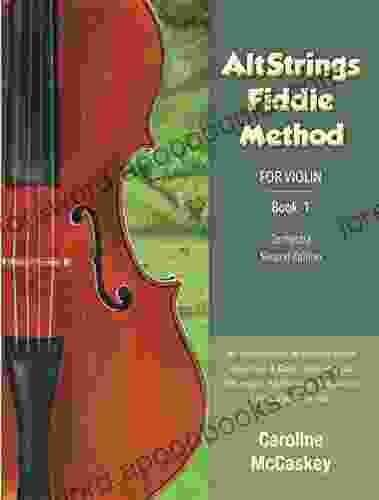The realm of law and politics is a dynamic and intricate tapestry, where the threads of power, justice, and social norms intertwine. The Politics of Law is a captivating exploration of this multifaceted relationship, delving into the profound impact that law and politics exert on our lives and institutions.
The Interplay of Law and Power
Law is a powerful tool that can be wielded to shape society. It sets forth the rules and regulations that govern our conduct, from the mundane to the momentous. However, the creation, interpretation, and enforcement of law are inherently political processes. Political actors, such as legislators, judges, and law enforcement officials, are responsible for determining the content and application of the law, often influenced by their own values, interests, and power dynamics.
The Politics of Law examines the ways in which power structures and political ideologies shape the legal system. It analyzes the influence of interest groups, political parties, and the media on legal decision-making, highlighting the complex interplay between law and power in shaping our collective destiny.
Law as an Instrument of Justice
One of the primary purposes of law is to provide justice. However, the concept of justice is often contested and subject to multiple interpretations. The Politics of Law explores the different theories of justice, such as retributive justice, restorative justice, and distributive justice, and examines how these theories are translated into legal principles and practices.
The book also investigates the challenges to delivering justice in the real world. It delves into issues such as bias and discrimination in the legal system, the impact of poverty and inequality on access to justice, and the role of technology in shaping our understanding of fairness and due process.
Law and Social Norms
Law and social norms are closely interconnected. Laws often reflect and reinforce prevailing social norms, but they can also challenge and reshape those norms. The Politics of Law examines the dynamic relationship between law and social change, exploring how legal reforms and social movements have worked together to shape our understanding of what is considered right and wrong.
The book discusses topics such as the evolution of marriage laws, the changing legal landscape of abortion and reproductive rights, and the impact of social media and online behavior on the development of legal norms.
The Politics of Law is a thought-provoking and comprehensive exploration of the multifaceted relationship between law and politics. It provides a deep understanding of how power structures, theories of justice, and social norms shape the legal system and impact our lives.
By unraveling the intricate interplay of law and politics, this book invites us to reflect on the nature of justice, the role of law in society, and the challenges we face in striving for a more just and equitable world.
























































































